Women in Industrial (WIN) was born to highlight the remarkable achievements of women in the sector – and inspire more women to join and stay.
So why involve men in a committee that’s focused on female inclusion?
We spoke to WIN committee member Jack Hansen to find out.
From observation to advocacy
For Jack Hansen, Development Manager at Charter Hall, being surrounded by successful women is nothing new.
‘I was raised by strong women,’ he explains. ‘Two of them – my mum and sister – always worked. So, for me, the idea that a woman can be professionally and personally successful is completely normal. I never thought twice about it.’
Thanks to his experience, Jack knows that achieving gender equality in the workplace isn’t ‘nice to have’. It’s vital. So when the opportunity arose to join the WIN committee, he didn’t baulk.
‘I was immediately impressed with WIN’s work,’ explains Jack. ‘I knew that if I joined, I’d have a chance to engage with new perspectives and opinions – which I find exciting. It was a no-brainer!’

Allies of the best kind
What role can men play in an industry body led predominately by women – for women?
For starters, they can use their relationships with other men to personally advocate for change.
Jack explains: ‘Being male, I don’t think it’s my place to sit and pontificate about what I see as the challenges women face in industrial. But I can listen and learn from my female colleagues – then add to the narrative to inspire men and women to support WIN’s cause.’
Men can also use their titles’ power to act as influential allies – advocating for more women in leadership and improved family leave policies to executive suite decision-makers.
‘I often share the changes we’ve made at Charter Hall in our remuneration, leave and development structures with other leaders. And simultaneously, educate them about the urgent need for change using the findings from WIN’s agency report.’
At the other end of the career spectrum, men can use their experience to educate university students – especially women – about industrial’s dynamic career pathways.
‘Attracting women to industrial is difficult as it has a reputation for being traditionally male-dominated,’ Jack explains. ‘So, creating awareness of industrial as a great career pathway for women is important.’
But there’s one other crucial reason Jack loves engaging with university students: ‘My team at Charter Hall is full of intelligent, accomplished women. I learn from them every day.
‘I can share that experience with students – and let them know that being in a team with a range of skills and perspectives makes you better at your job.’

More than morals
For Jack, championing diversity in the workplace isn’t just about doing the right thing. It’s about good business, too.
‘When I first entered industrial, I noticed a lack of women,’ he explains. ‘And that made me question how accurately we were serving our customers. After all, 50% of the population is female. How can we design facilities that cater to them if we don’t have female perspectives in our teams?’
Diversity is also a cornerstone of innovation. Something that Jack is acutely aware of.
‘Doing the same thing repeatedly stifles innovation. And innovation is essential for keeping your business competitive.
‘Your company is missing out on a massive pool of potential by focusing solely on men.’
So, if your workplace’s gender balance needs addressing, where can you start?
‘You must actively decide, as a business, to appoint more women,’ Jack advises. ‘And once that critical decision is made, you must take the time to understand the barriers that prevent them from entering and thriving in your business. Then make a plan to address them.’
Want to encourage more women to join your industrial property agency? Discover how with WIN’s report, Through the Looking Glass.














